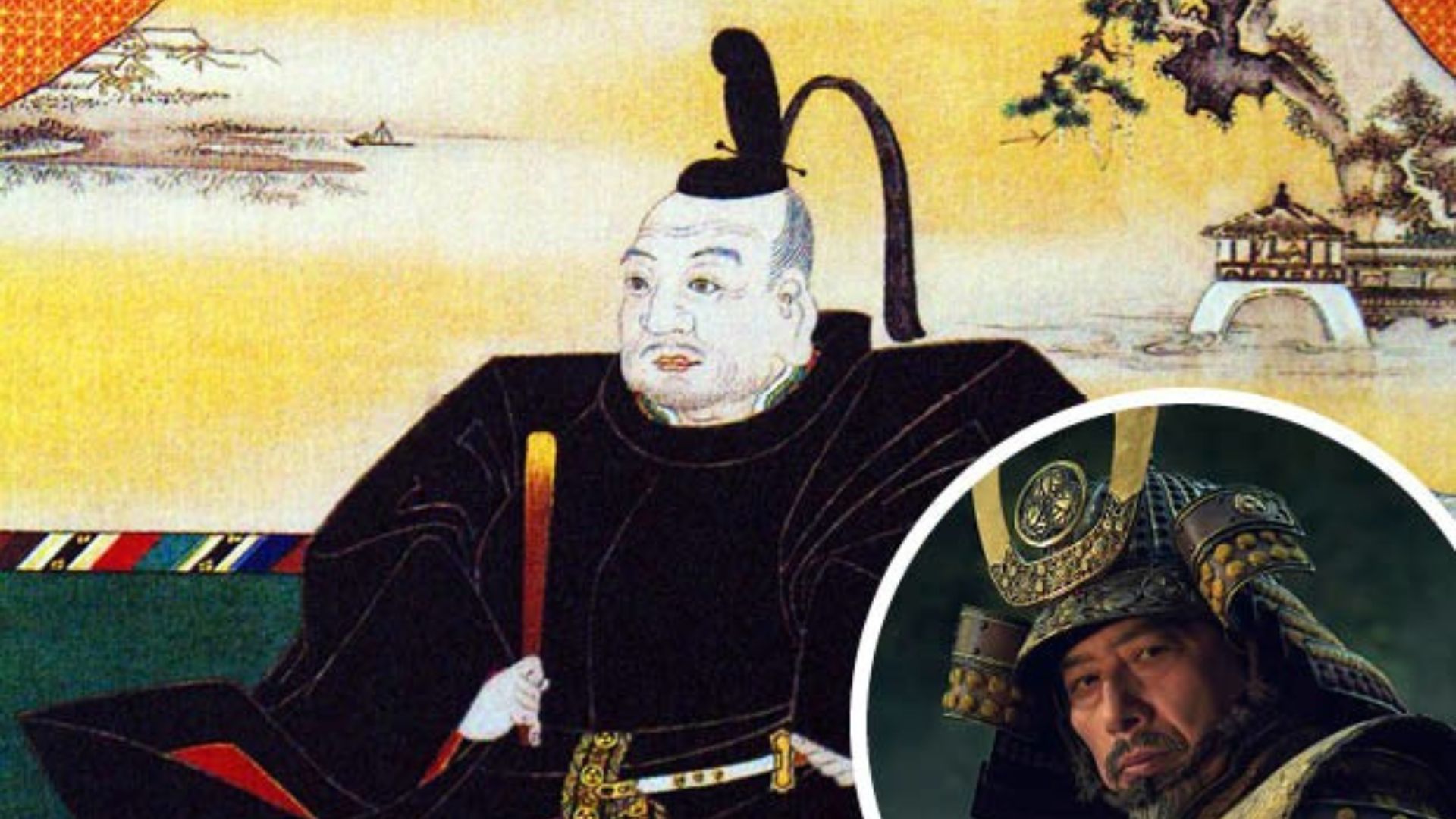Yukichi Fukuzawa (1835–1901) was one of the most influential thinkers of the Meiji Era (1868–1912), playing a crucial role in modernizing Japan. As an educator, writer, and advocate for Westernization, he helped shape Japan’s political, economic, and educational systems.
Best known for founding Keio University and spreading Western ideas on democracy and individual rights, Fukuzawa’s work paved the way for Japan’s transition from a feudal society to a modern nation. This article explores his life, contributions, and enduring influence on Japanese society.
Early Life and Background
Born in 1835 in Osaka, Fukuzawa was the son of a low-ranking samurai in the Nakatsu domain. Despite financial struggles, he developed a strong passion for learning.
-
In 1854, after Commodore Perry’s arrival, Japan was forced to open its ports to Western nations.
-
Recognizing the need to understand Western knowledge, Fukuzawa learned Dutch and later English, becoming a leading expert in foreign studies.
His early education in Western sciences and political philosophy laid the foundation for his revolutionary ideas.
Journey to the West: Fukuzawa’s Eye-Opening Experiences
Fukuzawa’s worldview expanded when he joined Japan’s first diplomatic missions to:
-
The United States (1860) – Visited San Francisco
-
Europe (1862) – Traveled to France, Britain, and the Netherlands
During these travels, he observed Western education, industry, and government systems, inspiring his mission to modernize Japan.
Fukuzawa’s Role in Japan’s Modernization
1. Champion of Education and Keio University
Fukuzawa believed that education was the key to modernization. In 1858, he founded a school that later became Keio University, one of Japan’s most prestigious institutions.
His educational philosophy emphasized:
-
Practical knowledge over Confucian tradition
-
Scientific and Western-style learning
-
Independent thinking and personal responsibility

2. Author of “An Encouragement of Learning”
In 1872, he published Gakumon no Susume (An Encouragement of Learning), a book that sold over 3 million copies. It promoted:
-
The importance of education for all citizens
-
The idea that knowledge leads to independence
-
Western democratic values
His message resonated with the Japanese people, helping shift the nation’s mindset toward modernization.
3. Promoting Western Political and Economic Ideas
Fukuzawa’s most famous book, An Outline of a Theory of Civilization (1875), argued that Japan needed to embrace Western civilization to become a strong and independent nation.
He advocated for:
-
Constitutional government and democracy
-
Free-market economics and industrialization
-
The rejection of outdated feudal customs
4. Breaking Away from the Samurai System
Though born into the samurai class, Fukuzawa supported the abolition of samurai privileges in favor of a merit-based society. His ideas encouraged Japan to transition from feudalism to a modern state.
Fukuzawa’s Lasting Influence on Japan
Fukuzawa’s impact on Japan’s development was profound. His contributions led to:
-
The spread of Western-style education
-
The establishment of Japan’s first modern universities
-
A shift toward democratic ideals and economic liberalism
Today, he is honored on Japan’s 10,000 yen banknote, symbolizing his legacy as one of Japan’s greatest modernizers.
Conclusion
Yukichi Fukuzawa’s vision and determination transformed Japan into a modern nation by promoting education, democracy, and Western knowledge. His influence remains visible in Japan’s educational system, political institutions, and economic policies. As one of the architects of modern Japan, Fukuzawa’s legacy continues to inspire progress and innovation in the country today.










